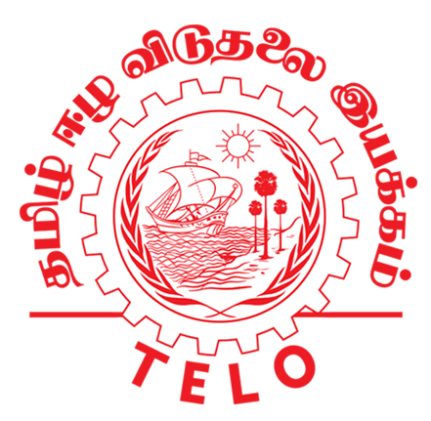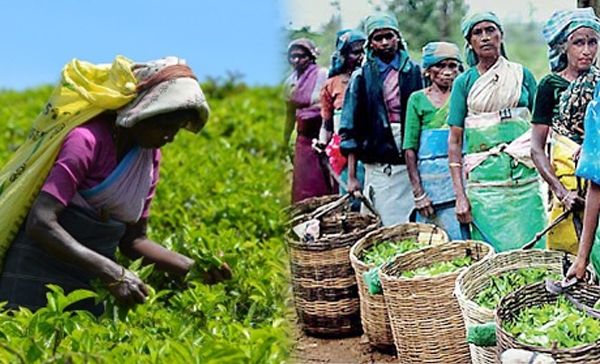Amid heavy Indian push, Sri Lanka’s cabinet has approved a proposal by President Ranil Wickremesinghe to implement programs to improve living conditions of up-country plantation worker, mainly Indian origin Tamils.
British Colonial rulers brought Indian Tamils as cheap labours to work in the island nation’s plantation sector.
“The Upcountry Tamil people who migrated from India and live in central, Sabaragamuwa and Southern provinces have been contributing to the national economy in various ways for about 200 years,” the government said in its cabinet decision statement.
“Their contribution is about a third of the total income of the plantation sector. By February 2023, it will be 200 years since the arrival of the first generations of the Up-Country Tamil community to Sri Lanka.”
The move comes as India has engaged with Sri Lanka and discussed the well being of upcountry Tamils continuously.
Though Sri Lanka got independence from the British in 1948, it took nearly 50 years for the Colombo government to recognize the workers as Sri Lankan citizens though their living conditions have been largely poor.
An initial bill passed in 1948 called the Ceylon Citizenship Bill, the state only awarded citizenship if the father of the person was born in Sri Lanka.
Similar bills were passed afterwards and finally in 1988 the Grant of Citizenship to Stateless Persons Act was passed giving citizenship to all Indian origin Tamils in the island. The act was fully implemented in 2003.





